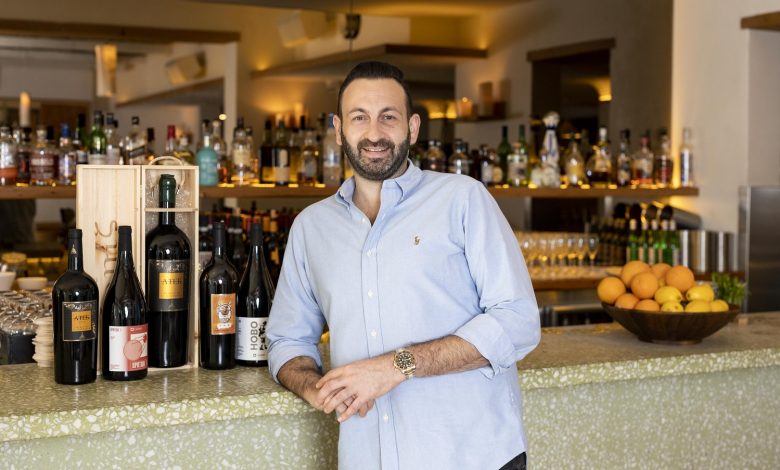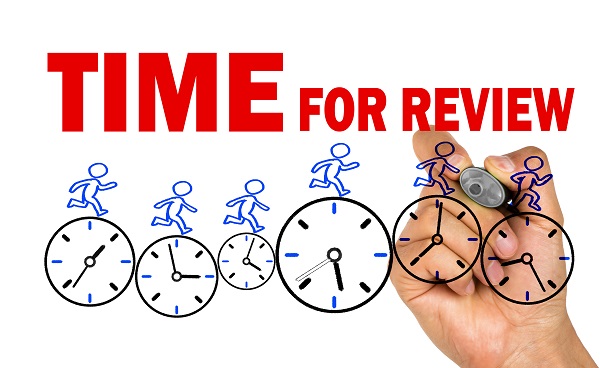
Op-Ed: Spending slow-down challenges in 2023 but new opportunities too
Paul Hadida: Answering the biggest questions facing Australia’s hospitality and accommodation businesses in 2023
December was a bumper month for Australia’s hospitality industry, with Aussies spending their summer holidays flocking to their favourite venues and hotels.
January, though, marks a return to ‘business as usual’ and hoteliers must consider a series of questions, challenges and opportunities this year, starting with the slowdown in Australian consumer spending beginning to emerge, according to ANZ.
Our latest AccomNews print issue is available now. Read it HERE
However, Australian hotels have developed a resilience and adaptability that will enable them to seize opportunities and overcome the challenges that 2023 will, inevitably, bring. Here are some of the burning questions facing hoteliers in 2023:
Will economic pressures ease?
A combination of rising global inflation and local interest rates are putting pressure on household spending. For many Australians, one of the easiest ways to cut back is in the frequency they travel and dine and drink out which impacts hoteliers.
The World Bank has warned of the potential for a global recession, however many economists in Australia have forecast that the impact locally will likely be less severe than in many other comparable countries. While that’s not to suggest 2023 will be without economic challenges, Australian hoteliers are as well placed as any to alleviate the impacts. To do so, though, incentivising loyalty and driving retention is essential.

How can my venue incentivise loyalty as economic pressures intensify?
Customer retention is considerably more cost-effective than customer acquisition, so cultivating guest loyalty is more essential than ever. But how? SevenRooms research, which set out to determine what guests expect from hotels post-pandemic, revealed that 25 percent of Aussies want to be recognised for their loyalty status – e.g. silver, gold – and receive exclusive perks for that loyalty tier.
Half said their loyalty would be boosted if the hotel was flexible with bookings affected by events like a pandemic or floods, 48 percent if they received a complimentary drink or pre-selection on an in-room food and beverage amenity upon arrival, and 39 percent if they received personalised offers based on their food and beverage choices during a previous visit. Personalisation and a focus on driving loyalty helps hoteliers not only overcome short- and medium-term economic challenges but build long-term growth strategies.
How do I overcome labour shortages?
Labour shortages have become one of the defining issues of the pandemic, particularly in Australia where hard border closures prevented the traditional influx of students and short-term visa holders – two cohorts the hospitality and accommodation sector are heavily reliant on. Until migration returns to pre-pandemic levels, technology enables hoteliers to do more with less.
Specifically, technology that allows businesses to automate time-consuming, mundane and non-revenue-generating tasks that once required human involvement.
For example, rather than requiring an employee to manually log reservations, check in guests and facilitate payments, these processes can be automated through online bookings, contactless check-in, and order and pay via QR codes.
Through these processes, hoteliers are not only able to alleviate skills shortages, but drive loyalty and, therefore, revenue too. Through the approved data collected, hoteliers can understand individual customers’ habits and preferences then send personalised, automated marketing that boosts loyalty. When businesses can automate these previously time-consuming, manual processes they can simultaneously alleviate the impact of skills shortages and spend more time providing the face-to-face, meaningful interactions consumers demand.
How can I reduce and handle no-shows?
No-shows, whereby a guest makes a booking but fails to show up, is a plight that affects restaurants and bars more frequently than hotels. However, hotels are by no means immune, especially those with F&B venues. No-shows have tangible effects on business, for example, loss of potential revenue, wasted labour and produce, as well as reputational damage for customers unable to secure a room or table that remains vacant.
To reduce the likelihood, clearly communicate the consequences, and even request a deposit to disincentivise a no-show and to cover your losses if it does happen.
Optimise your reservation process, too. For example, by showcasing add-on or upgrade options at the point of reservation, possible through SevenRooms, you make the experience more meaningful and personalised, which boosts their incentive to attend. Some, however, do just forget.
So, consider automated SMS or email reminders with confirmation or cancellation links. And through virtual waitlists, walk-ins can be added to a waitlist in case a reservation does fail to show.
The new year again brings challenges and questions, but new opportunities, too. Economic headwinds and labour shortages will impact hoteliers, but by recognising what guests want, focussing on incentivising loyalty, and implementing technology behind the scenes, hoteliers will be well-placed to answer every question posed to them.
By Paul Hadida, General Manager, APAC at SevenRooms, a data-driven guest experience and retention platform for the hospitality industry
By Paul Hadida, General Manager, APAC at SevenRooms, a data-driven guest experience and retention platform for the hospitality industry







